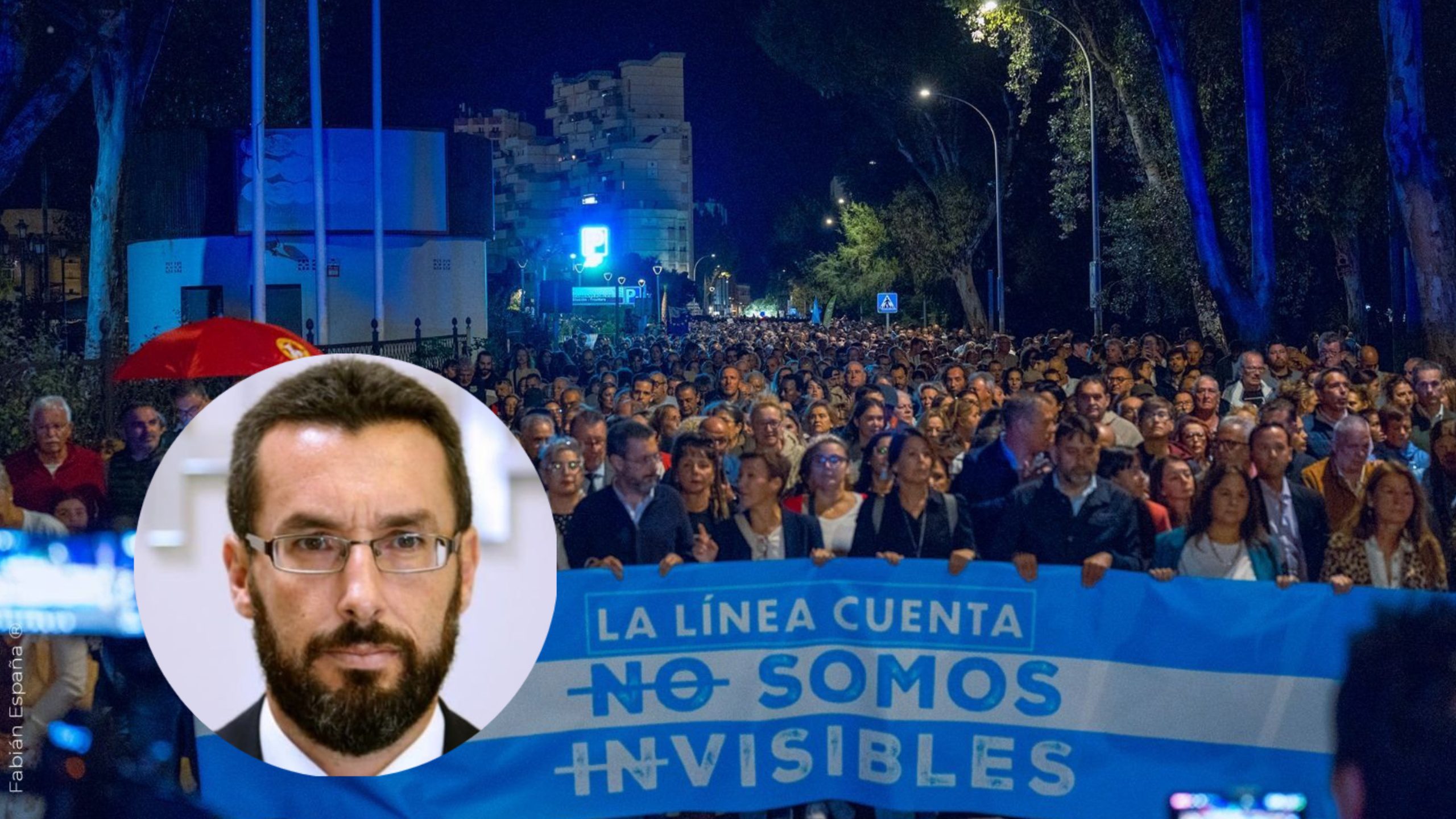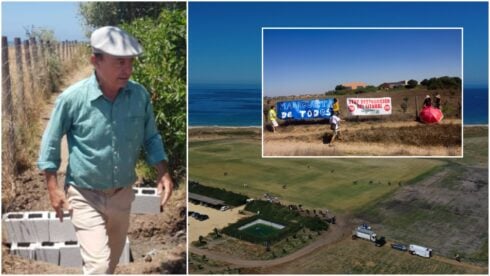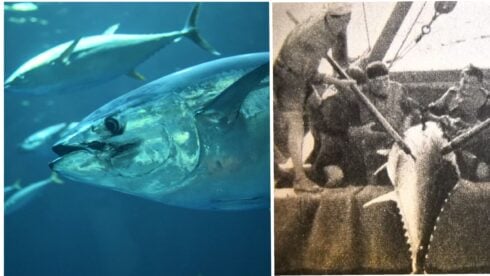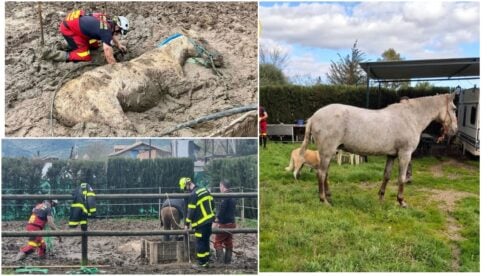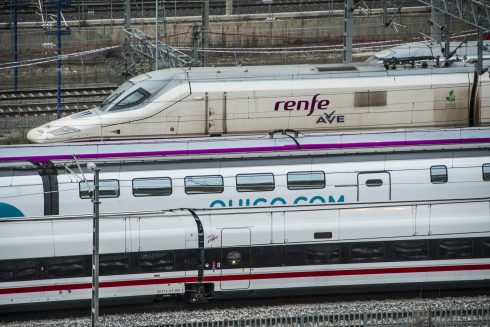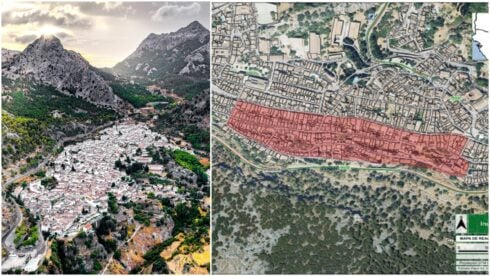THE inhabitants of La Linea de la Concepcion are fighting for a treaty with Gibraltar to stop the town from slipping into the hands of the narco traffickers.
Ten days ago, over 12,000 linenses and expats took to the streets of the frontier town in support of a deal that would avoid a hard border and save jobs.
But a dark fear underscores the urgency with which nearly a quarter of the 60,000-strong town gathered at the call of the mayor, Juan Franco.
The accumulated pain of a gridlocked border could see job losses, an economic depression and even ‘a brutal demographic collapse.’

The Cross-Border Group, representing companies and unions on both sides of the frontier, estimates that consumption would fall in La Línea by around 30%.
With almost half of the town’s working population needing to cross the border and back again daily, there is little doubt that persistent long queues at the border would hurt.
“If there’s a sharp rise in unemployment because of no-deal, then perhaps many people will be tempted into getting involved with this kind of [narco] activity,” Franco told the Olive Press.
“But the state has invested a lot of resources and taken a really hard response on the traffickers in the region.
“So, fundamentally, there shouldn’t be a collapse into narco trafficking.”
Nonetheless, the mayor is clear that failure by distant politicians in London, Madrid and Brussels – not to mention the occupant of No 6 Convent Place in Gibraltar – to strike a deal before the EU’s digital border control system comes into place would spell a ‘true disaster’.
Franco continued: “It’s also likely there will be longer customs checks at the border, which will cause a significant contraction in the Rock’s economy.

“That will hit us just as hard, likely leading to a loss of jobs and an overall reduction in living standards.”
Meanwhile, as one corner of the economy suffers, another continues to flourish.
The flow of hash in huge quantities across the Strait from Morocco has been relentless, despite a crackdown since February when two Guardia Civil officers were murdered in Barbate.
A total of 61 tonnes were seized in the entire province of Cadiz last year, up by a third on the year before (in Huelva it was even more).
Half of that was seized in Algeciras alone, which also can lay claim to the dubious crown of making Spain’s largest ever cocaine bust last month, with an unheard of 13 tonnes discovered.

It all points to a thriving illicit industry that will be waiting with open arms when the economic depression from any hard border starts to hit La Linea.
But Franco isn’t so sure.
“If the scenario does arise, you can be sure that we will deal with it,” he said.
Once again, everything hangs on whether there will be a deal before the new Entry-Exit System (EES) comes into effect.
The most recent deadline for implementation, on November 10, has already been pushed back, buying both Gibraltar and the Campo de Gibraltar some breathing space.
But will it be enough?
“There are days when I am optimistic and I get out of bed with a lot of faith,” Franco said.
“And there are others when I am less believing.
“The positive thing we can all believe is that they are still negotiating. I hope that the good will on both sides will carry us through to a deal.”
Click here to read more News from The Olive Press.

